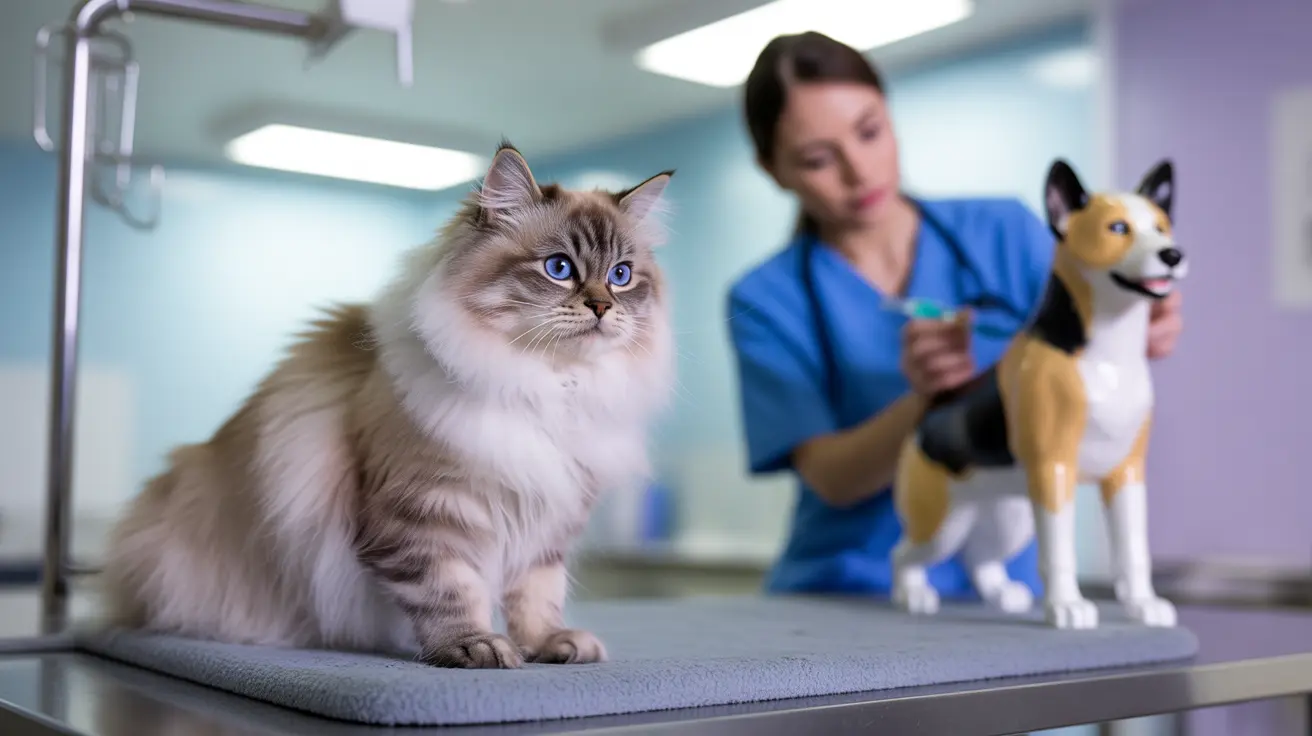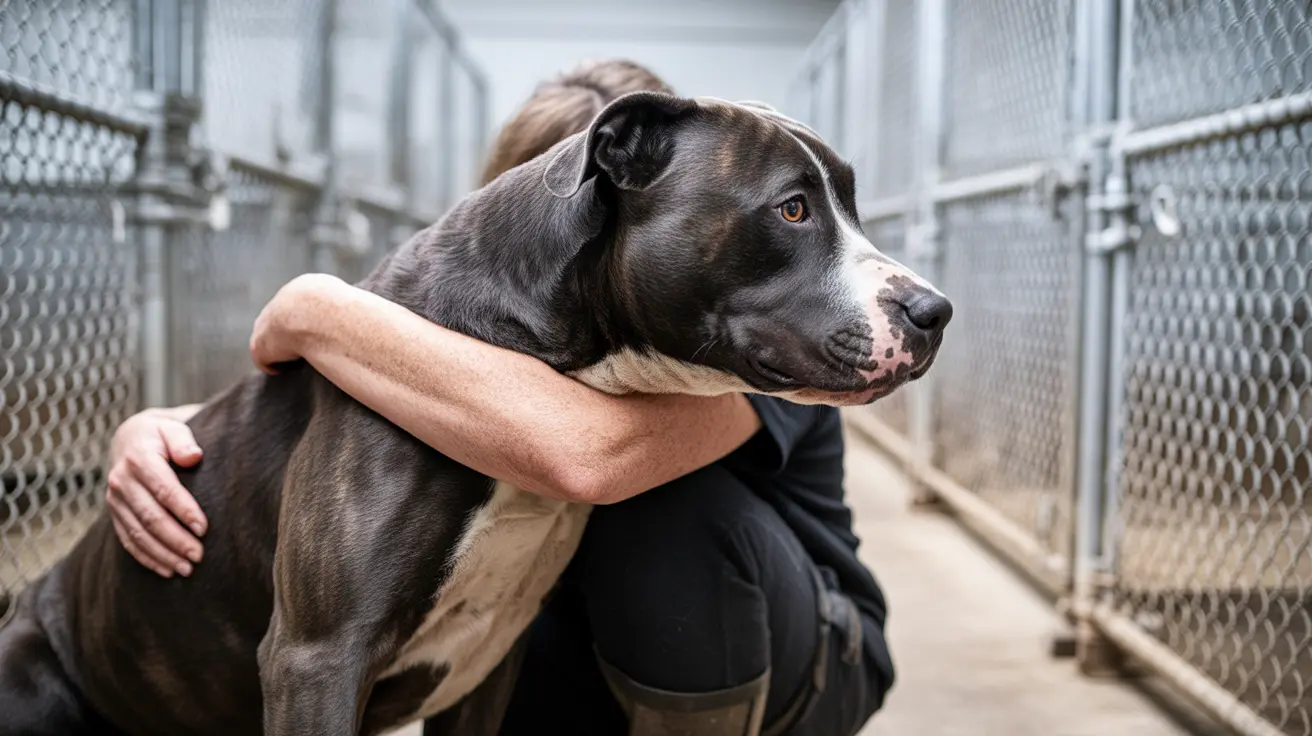When you bring your beloved pet to the veterinary clinic, you'll likely interact with dedicated professionals known as pet techs, or veterinary technicians. These skilled healthcare providers serve as the backbone of veterinary practices, working alongside veterinarians to ensure your pet receives comprehensive medical care.
These essential team members combine technical expertise with compassionate care, performing a wide range of medical procedures and serving as advocates for animal health. Let's explore the crucial role these professionals play in veterinary medicine and how they contribute to your pet's wellbeing.
Core Responsibilities of Pet Techs
Pet techs function as multi-skilled professionals, handling approximately 65% of technical duties in veterinary practices. Their responsibilities include conducting initial patient assessments, recording vital signs, and performing laboratory tests that are crucial for diagnosis and treatment planning.
In surgical settings, these professionals prepare operating rooms, sterilize instruments, and assist veterinarians during procedures. They also monitor anesthesia, a critical responsibility that requires constant vigilance and expertise to ensure patient safety.
Clinical Skills and Expertise
Pet techs possess advanced medical knowledge and skills that enable them to perform various clinical procedures. They conduct diagnostic imaging, including X-rays, collect blood samples, and perform laboratory analyses that help veterinarians make accurate diagnoses.
These professionals are also trained in pharmaceutical administration, understanding drug interactions, and monitoring patients for adverse reactions. Their expertise extends to dental procedures, wound care, and post-operative monitoring.
Patient Care and Education
Beyond technical duties, pet techs play a vital role in patient care and client education. They provide detailed instructions to pet owners about medication administration, post-operative care, and preventive health measures.
These professionals serve as a bridge between veterinarians and pet owners, explaining treatment plans, demonstrating proper care techniques, and answering questions about pet health maintenance. Their ability to communicate complex medical information in understandable terms makes them invaluable resources for pet owners.
Career Development and Specialization
The field offers various opportunities for advancement and specialization. Pet techs can pursue additional certifications to become veterinary technician specialists (VTS) in areas such as emergency care, internal medicine, or anesthesia.
Many professionals in this field also take on leadership roles within veterinary practices, supervising technical staff or managing specific departments. Some move into teaching positions or research roles, contributing to the advancement of veterinary medicine.
Workplace Challenges and Evolution
Modern pet techs face evolving challenges in their profession, including adapting to new technologies and meeting increasing demands for specialized care. They often participate in telehealth consultations and utilize advanced medical equipment, requiring continuous learning and skill development.
The role continues to expand, with many professionals taking on greater responsibilities in patient care and practice management. This evolution reflects the growing recognition of their expertise and importance in veterinary healthcare.
Frequently Asked Questions
What is the role of a veterinary technician in my pet's care?
Veterinary technicians perform various medical procedures, conduct laboratory tests, assist in surgeries, and provide nursing care for your pet. They work under veterinarian supervision to deliver comprehensive healthcare services and monitor your pet's progress.
How do veterinary technicians assist veterinarians during surgeries and other medical procedures?
Pet techs prepare surgical equipment, monitor anesthesia, assist during procedures, and provide post-operative care. They also handle technical tasks such as taking X-rays, collecting samples, and performing laboratory analyses.
What kind of education and training do veterinary technicians need to perform their duties?
Veterinary technicians must complete an accredited program, typically earning an associate's degree, and obtain state licensure. Many pursue additional certifications in specialized areas of veterinary medicine.
How can veterinary technicians help me understand my pet's diagnosis and treatment options?
Pet techs excel at explaining medical conditions, treatment plans, and home care instructions in clear, understandable terms. They provide detailed guidance on medication administration, wound care, and preventive health measures.
What are some common tasks that veterinary technicians can perform without a veterinarian's direct supervision?
While working within established protocols, pet techs can perform tasks such as collecting samples, conducting laboratory tests, taking X-rays, administering prescribed medications, and providing routine care like nail trimming and certain vaccinations.






